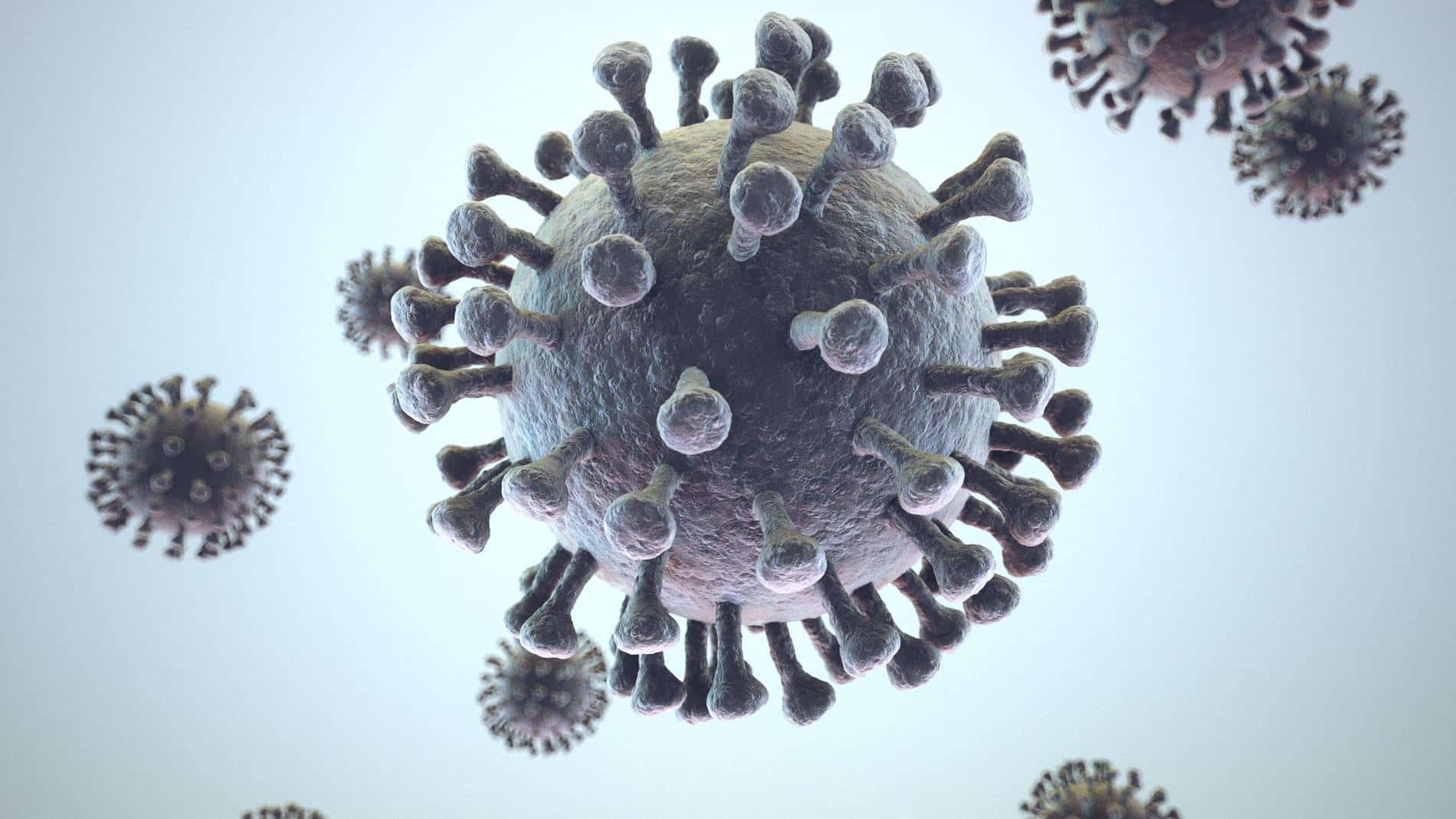Waterloo Region has seen a decrease in the number of COVID-19 cases since the start of the year, but that’s likely due to fewer people getting tested or reporting the illness, suggests one expert.
“I think there’s… going to be a decrease in people testing and reporting COVID-19 infections. The numbers that we see are probably lower than what’s actually in the community,” said Stephanie DeWitte-Orr, a virologist at Wilfrid Laurier University.
In Waterloo Region, there was 124 active access as of this week, some 49 net new cases over the previous seven days. There was a seven-day moving average of 1.4 cases per 100,000 people last week, which dropped from the 6.6 cases reported at the start of the year.
Since that date, the number of positive cases has fluctuated from 35 to a peak of 58 on February 2 to five last week. Hospitalizations over the previous 90 days have also decreased from 53 on January 1 to 32 on April 4.
There has also been a steady decline in cases across Ontario. On January 7, there were 7,396 cases. The most recent reports put the number at 2,779.
The number of people getting tested for the virus has also fallen dramatically.
At the start of the year, the region administered 330.6 tests per 100,000 residents. Province-wide, that number was 420. Three months later, the region administered 15 test per 100,000 residents, while the Ontario rate was 22.8.
The decline in tests is a combination of the novel coronavirus decreasing in severity and it not being as big of a concern among residents, DeWitte-Orr posited.
“The virus is becoming endemic. It’s less severe for healthy people. It presents itself with symptoms very similar to other respiratory viruses, so people are maybe selecting not to test because there’s really no reason to test unless it gets really serious,” she said.
DeWitte-Orr cautions, however that COVID-19 is not over and will never be over. Instead, she expects it will follow a similar pattern to other respiratory illnesses transmitted seasonally during the winter months.
“As we move into winter months and holiday season, we’ll see transmission of lots of different respiratory viruses, including coronaviruses,” she said.
As cases and testing have decreased, so too has the rate of vaccination. The seven-day rolling average of vaccines administered has decreased from 489 doses on January 7 to just 114 doses on April 1, the last date it was reported. While the number of region residents that have received their three-dose primary series is high at more than 324,000 people, the number dramatically decreases with each booster – a total of just 1,946 residents have received a third booster shot.
According to the region, 63 per cent of residents are recommended to receive an additional dose, while just 19 per cent of residents are up to date. Public Health Ontario needs to do a better job of communicating the need to remain up to date, says DeWitte-Orr.
“[They haven’t] created a model for everyone to follow. So, people are still trying to figure out ‘when should I get another vaccine? Should I get another vaccine?’ I think we need public health to give clear guidelines on what the next step should be as this virus becomes more something we deal with all the time and in nearly sort of a seasonal fashion,” she said.
To DeWitte-Orr, being up to date means receiving a new vaccine in November at the beginning of each respiratory virus season. She added that it is unrealistic to expect vaccines for respiratory illness to protect someone for more than one season.
“If you follow flu vaccines, one of the reasons we need to get vaccinated every year is because flu vaccines don’t mount immunity for life. It’s the same thing with coronavirus. There’s something about respiratory viruses …they don’t seem to mount lasting immunity.
“I think there’s a lot of skepticism. ‘I get vaccinated for measles, mumps and rubella and I’m fine for years. What’s wrong with this vaccine?’ There’s nothing wrong with the vaccine. It’s just that these viruses, the vaccines don’t provide protection for any respiratory virus for longer than a year or two.”









